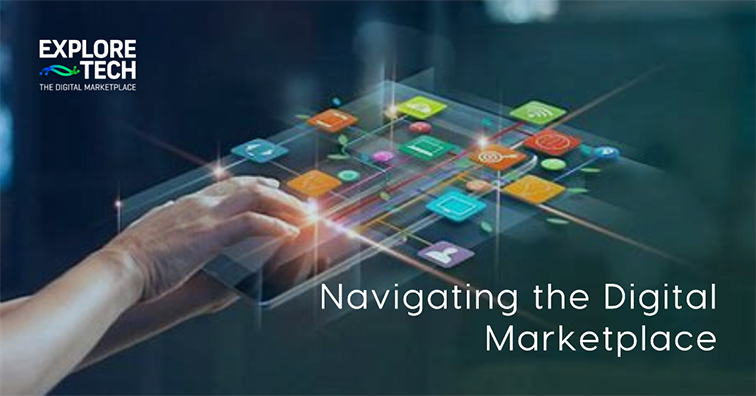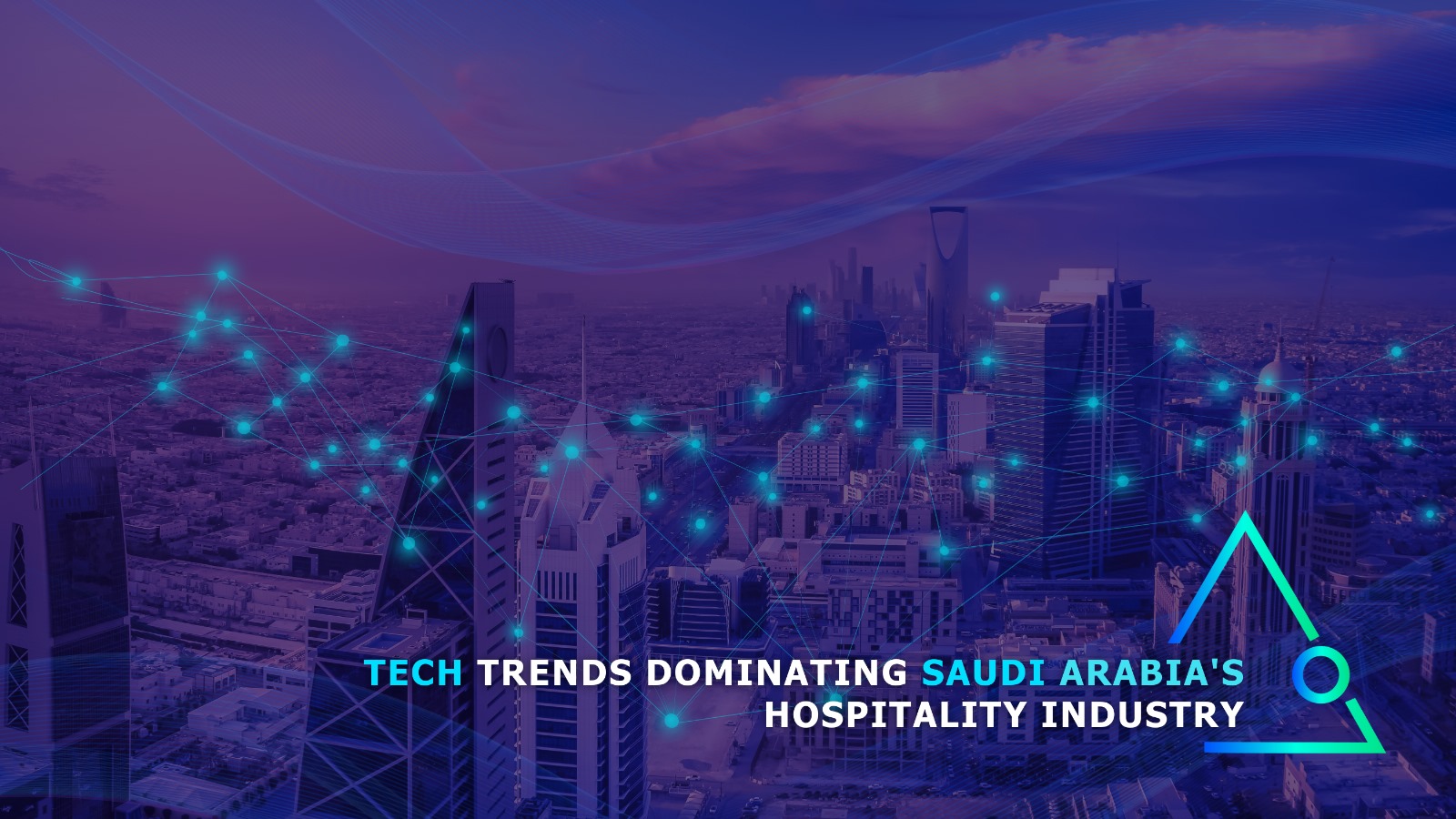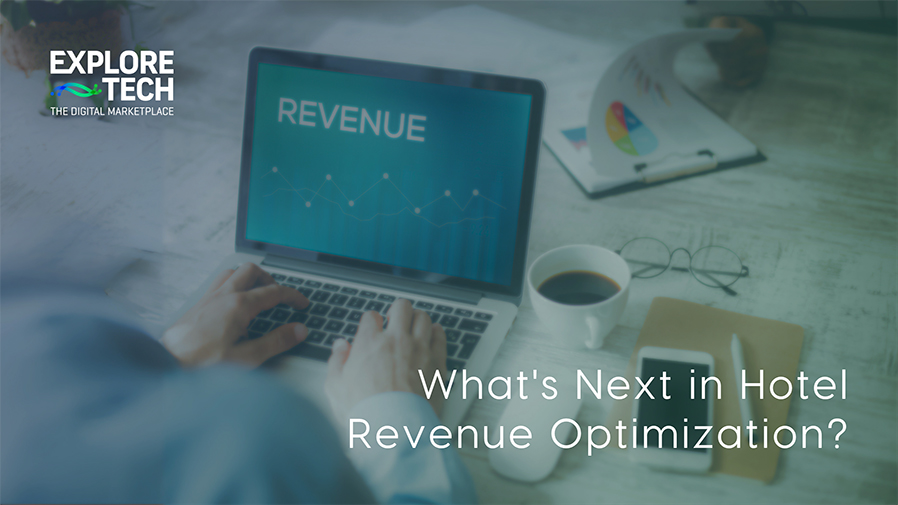
The hospitality industry is at a crossroads, where technological advancements not only streamline operations but also enhance guest experiences to unprecedented levels. In this era of rapid digital transformation, navigating the digital marketplace for the right technology solutions is crucial for hotels aiming to maintain a competitive edge. This article delves deep into effective procurement strategies, explores key trends, addresses challenges, and outlines future directions in hospitality technology procurement.
Key Trends in Hospitality Technology Procurement
Rise of Cloud-Based Solutions
The adoption of cloud technology has revolutionized how hotels manage their operations and guest interactions. Cloud-based solutions offer scalability, flexibility, and cost-efficiency, enabling hotels to streamline processes and enhance service delivery. From property management systems (PMS) to guest engagement platforms, cloud technologies empower hotels to leverage data insights and personalize guest experiences like never before. However, the transition to cloud-based systems requires careful consideration of data security measures and compliance with industry standards to protect sensitive guest information.
Emphasis on Data Security
With the increasing digitization of hospitality services, safeguarding guest data has become paramount. Hotels must prioritize selecting technology vendors that adhere to stringent data security protocols and regulatory requirements. Implementing robust data protection measures not only mitigates the risk of data breaches but also enhances guest trust and loyalty. Effective data security strategies encompass encryption protocols, secure payment gateways, and ongoing cybersecurity assessments to safeguard against emerging threats.
Effective Procurement Strategies for Hotels
Comprehensive Needs Assessment
Successful technology procurement begins with a thorough assessment of a hotel's operational needs and strategic goals. By conducting a comprehensive needs assessment, hoteliers can identify pain points, operational inefficiencies, and opportunities for technological innovation. This strategic approach ensures that technology investments align with business objectives, driving operational efficiency and enhancing guest satisfaction. Hotels should prioritize solutions that integrate seamlessly with existing infrastructure and offer scalability to accommodate future growth.
Vendor Selection and Management
Choosing the right technology partner is crucial for the successful implementation and long-term viability of technology solutions in hospitality. When selecting vendors, hotels should evaluate factors such as industry experience, reputation, financial stability, and track record of delivering reliable support and service. Building strong vendor relationships fosters collaboration, ensures responsive support, and facilitates ongoing technology upgrades and customization to meet evolving business needs. Effective vendor management is key to maximizing the value of technology investments and maintaining competitive advantage.
Overcoming Challenges in Tech Procurement
Navigating the Digital Marketplace
The digital marketplace for hospitality technology is vast and diverse, presenting hotels with a myriad of options and challenges. Hoteliers must navigate through the complexities of vendor offerings, pricing structures, and service agreements to identify solutions that best meet their specific needs and budget constraints. Conducting thorough market research, seeking recommendations from industry peers, and leveraging digital procurement platforms can streamline the vendor selection process and ensure informed decision-making. By adopting a systematic approach to vendor evaluation and comparison, hotels can mitigate risks and optimize procurement outcomes.
Budget Constraints and ROI
Balancing technology investments with financial constraints is a perennial challenge for hotels of all sizes. To maximize return on investment (ROI), hotels should prioritize technology solutions that deliver tangible benefits, such as operational efficiencies, cost savings, and enhanced guest experiences. Implementing cost-effective technologies that align with strategic priorities and offer scalability allows hotels to achieve sustainable growth without compromising service quality. Hotels should regularly evaluate the performance and ROI of technology investments to make informed decisions about future upgrades and expansions.
Innovative Technology Solutions for Hospitality
Smart Room Technologies
The integration of Internet of Things (IoT) devices in hotel rooms is transforming the guest experience and operational efficiency. Smart room technologies enable hotels to offer personalized experiences through connected devices, such as smart thermostats, lighting controls, and entertainment systems. By leveraging IoT innovations, hotels can streamline housekeeping operations, reduce energy consumption, and enhance guest comfort and satisfaction. However, the successful deployment of smart room technologies requires careful planning, seamless integration with existing systems, and robust cybersecurity measures to protect guest privacy.
Property Management Systems (PMS)
Modern Property Management Systems (PMS) are essential for optimizing hotel operations and guest management. Advanced PMS solutions leverage cloud technology to centralize reservations, streamline check-in/check-out processes, and automate administrative tasks. Real-time data analytics provided by modern PMS enable hotels to make data-driven decisions, forecast demand, and personalize guest experiences. Successful implementation of PMS requires comprehensive training for staff, ongoing technical support, and customization to meet the unique needs of each property.
Future Trends in Hospitality Technology Procurement
Artificial Intelligence and Automation
Artificial Intelligence (AI) is poised to revolutionize hospitality operations by automating routine tasks, personalizing guest interactions, and optimizing revenue management. AI-powered chatbots, voice assistants, and predictive analytics enable hotels to deliver seamless customer service and anticipate guest preferences. As AI technology continues to evolve, hotels must embrace AI-driven solutions to enhance operational efficiency, reduce labor costs, and elevate service standards. The integration of AI promises to reshape the future of hospitality by enabling more personalized and efficient guest experiences.
Sustainable Tech Procurement
Sustainability is increasingly influencing technology procurement decisions in hospitality. Hotels are adopting eco-friendly technologies, such as energy-efficient HVAC systems, renewable energy solutions, and digital guest communication platforms, to minimize environmental impact and reduce operating costs. Sustainable technology choices not only support hotels' corporate social responsibility initiatives but also enhance brand reputation and appeal to environmentally conscious guests. By incorporating sustainable practices into technology procurement strategies, hotels can contribute to a greener hospitality industry while achieving long-term cost savings and operational efficiency.
Strategic technology procurement is critical for hotels seeking to thrive in a competitive hospitality landscape driven by digital innovation. By embracing effective procurement strategies, staying abreast of emerging trends, and overcoming procurement challenges, hotels can leverage technology to drive innovation, enhance operational efficiency, and deliver exceptional guest experiences. Proactive technology procurement not only positions hotels for sustainable growth but also ensures they remain agile and responsive to evolving guest expectations and industry trends.

ExploreTECH Content Team
admin

